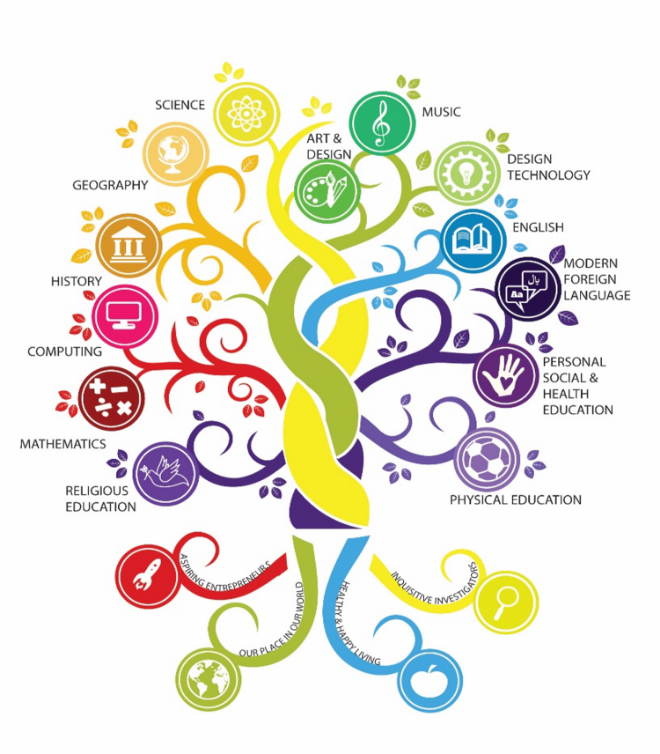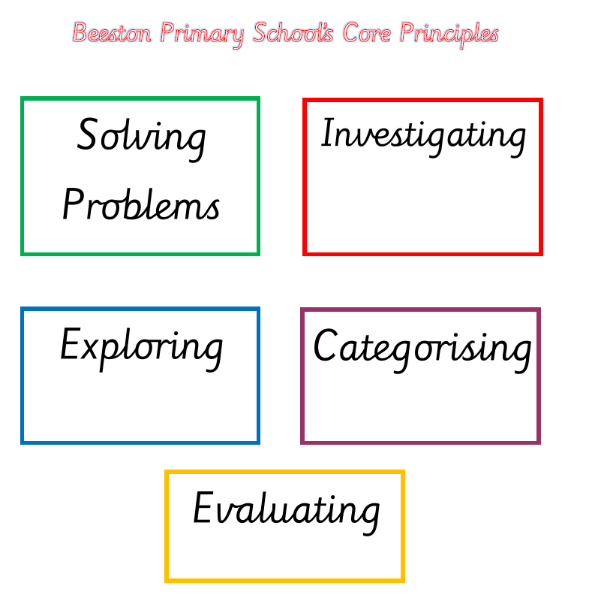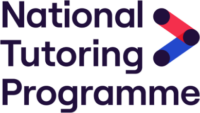
Writing Intent
At Beeston Primary School we follow the National Curriculum requirements to provide our pupils with high quality English lessons which teach them to speak, read and write fluently; enabling them to communicate their ideas and emotions effectively. We aim to enable all pupils to:
- Develop a confident, positive attitude towards English as an enjoyable subject in which they can gain success and enjoyment.
- Write with confidence, fluency and understanding; developing an awareness of purpose, audience and text type.
- Understand the sound and spelling system and use this to read and spell accurately
- Have fluent, legible, cursive handwriting and take pride in the presentation of their work
- Communicate effectively, speak with confidence and structure their talk in ways which are coherent and understandable.
- Acquire a wide vocabulary, an understanding of grammar and a knowledge of linguistic conventions for reading, writing and spoken language.
- Understand how to plan and prepare for writing; making informed choices about their own writing (e.g. vocabulary, grammar, text structure etc.)
- Understand how to reflect upon, edit and improve their own work, including responding to the constructive criticism of others.
Writing Implementation
Writing at Beeston Primary School is taught daily across the school and celebrated in a range of ways. We follow the National Curriculum (2014) which ensures that a range of genres are covered, including: narrative (e.g. extended stories, stories by the same author, myths and legends, adventure and traditional stories); non-fiction (e.g. persuasive texts, non-chronological reports, information texts, recounts, reports and letters) and poetry (e.g. rhyme, nonsense rhymes and descriptive poetry). Genres are taught considering the purpose, audience and type of writing. Throughout thelearning sequence, children will have the opportunity to plan, write and to carry out self and peer assessment.
Writing Impact
Pupil outcomes are assessed across independent pieces of writing, during termly assessment periods. To ensure that children receive teaching in response to needs and all make progress, leaders work alongside teachers to ensure that the writing opportunities and outcomes are appropriate for the needs of all the children in their year group. By the end of each Key Stage, we aim for children’s outcomes to be in line with age related expectations and their writing should demonstrate the appropriate grammatical and language features for their age.
Children’s choice of vocabulary and sentence construction should improve in their writing across all areas of the curriculum. We also aim for a higher percentage of children to attain greater depth in writing in all year groups in accordance with the objectives from our school development plan.
Handwriting
At Beeston, formal handwriting skills are taught regularly through the use of the PENPALS Handwriting scheme (Cambridge University Press). Our aim is that pupils will be supported to develop a handwriting style which is clear, joined and fluid. We provide pupils with regular opportunities to practice handwriting across the curriculum and we also provide regular lessons for teaching and revising these skills. The frequency and length of these lessons will vary according to the age and ability of the children. We follow the five stages of the PENPALS scheme:
1. Developing readiness for writing through gross and fine motor skills leading to letter formation (Foundation)
2. Beginning to join (Lower KS1)
3. Securing joins (Upper KS1/Lower KS2)
4. Practising speed and fluency of joins (Lower KS2)
5. Consolidating presentation skills (Upper KS2)
Opportunities for linking handwriting with early phonics and spelling work are fully exploited through the PENPALS scheme.
Spelling
At Beeston, we teach spelling primarily through the Twinklspelling pathway which provides weekly spellings that the children from years two to year six are assessed on every Friday. New spelling rules and tricky words are explored through regular spelling lessons and vocabulary work, ensuring pupils understand the context and meaning of each word and have the skills to use them correctly in both their oracy and written work. Engaging, twenty minute lessons are taught at least three times a week with variations in task to ensure all learning styles are catered for and pupils are supported appropriately. New Spellings (along with completed assessments) are sent home the end of the week and are updated on a weekly basis on the school website and on classroom displays.
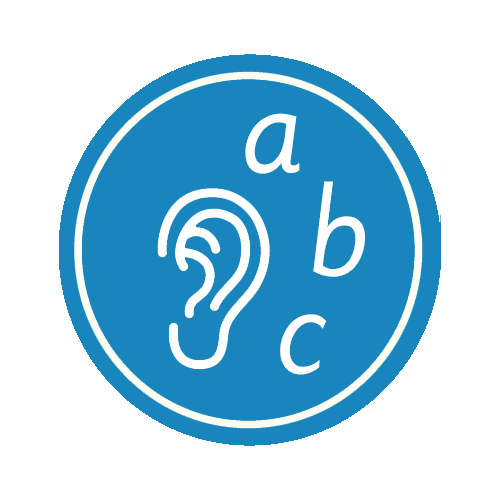
Phonics Intent
At Beeston Primary School we value reading as a key life skill and are dedicated to enabling our children to become lifelong readers. We recognise that mastery in phonics is fundamental to children being able to access a broad range of fiction and non-fiction texts across the curriculum. We aim to achieve this through:
– Use of a high-quality, systematic, synthetic phonics programme (Floppy’s Phonics), followed with rigour and fidelity.
– A systematic approach to the teaching of phonics from entry to school at 3 years of age, with the expectation that pupils will be fluent readers by the end of Key Stage One.
– Regular access to high quality phonic teaching which secures the crucial skills of word recognition that enables children to read fluently, freeing them to concentrate on the meaning of the text.
– Enjoying a multi-sensory approach to learning phonics ensuring that the visual, auditory and kinaesthetic learning styles of children are engaged.
– Ensuring children have the cultural capital and experiences to become engrossed and immersed in reading.
Phonics Implementation
Phonics at Beeston Primary School follows the Floppy’s Phonics scheme. This allows our phonics teaching and learning to be progressive from Nursery up to Year 2 as well as allowing children’s listening and speaking skills to develop. Phonics is taught through whole class teaching in reception. Children, who are in KS1 are taught each day in streamed groups, according to their ability which is assessed each half term. Careful assessment ensures that teachers are aware of each individual’s needs and where extra intervention is necessary, this is provided.
Follow the link below for more information:
https://home.oxfordowl.co.uk/reading/learn-to-read-phonics/
Here are some of the terms you may come across in our phonics work:
vowels – the open sounds / letters of the alphabet: a,e,i,o and u
consonants – sounds/ letters of the alphabet that are not vowels.
blend – to merge individual sounds together to pronounce a word, e.g. s-n-a-p, blended together, reads snap
cluster – two (or three) letters making two (or three) sounds, e.g. the first three letters of ‘straight’ are a consonant cluster
digraph – two letters making one sound, e.g. sh, ch, th, ph.
vowel digraphs – two vowels which, together, make one sound, e.g. ai, oo, ow
split digraph – two letters, split, making one sound, e.g. a-e as in make or i-e in site
grapheme – letter or a group of letters representing one sound, e.g. sh, ch, igh, ough (as in ‘though’)
mnemonic – a device for memorising and recalling something, such as a snake shaped like the letter ‘S’
phoneme– the smallest single identifiable sound, e.g. the letters ‘sh‘ represent just one sound, but ‘sp‘ represents two (/s/ and /p/)
segment (vb) – to split up a word into its individual phonemes in order to spell it, e.g. the word ‘cat’ has three phonemes: /c/, /a/, /t/
Support for Parents:
– How children learn phonics (PDF File)
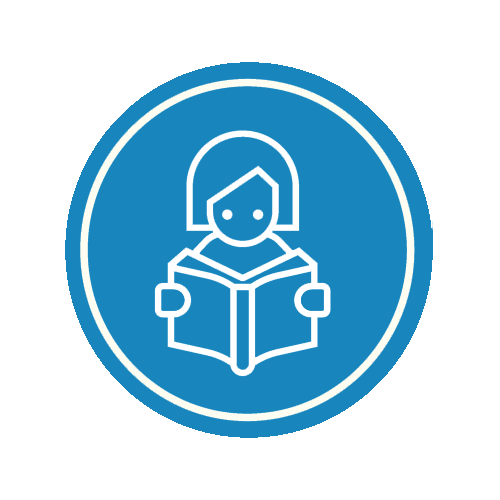
Reading Intent
At Beeston Primary School we intend to:
– Develop positive attitudes towards reading so that it is a pleasurable and meaningful activity.
– Use reading skills as an integral part of learning throughout the curriculum.
– Read and respond to a variety of texts whilst gaining increased level of fluency, accuracy, independence and understanding.
– Develop different strategies for approaching reading and be able to orchestrate the full range of strategies.
– Equip pupils with the reading skills that enable them to know more, remember more and understand more with increasing independence.
– Provide the chance for every child to become a reader
Throughout Key Stages One and Two, our reading sessions balance the teaching of reading between word reading, decoding skills, comprehension strategies and response to text in order to develop fluent readers who understand what they are reading. Comprehension is taught from an early age to prevent difficulties arising as the language demand of the texts pupils encounter increases. We believe that it is important that children read for meaning because not only does a lack of comprehension skills create a barrier to educational attainment; pupils with better comprehension skills are more likely to be engaged and motivated readers.
At Beeston Primary school we aim to provide a curriculum which has reading at its core across all curriculum areas. Through choosing quality texts, we intend to develop a love of reading and allow children to recognise the pleasure they can get from their reading, as well as an understanding that reading allows them to discover new knowledge, revisit prior knowledge and understand more about what they learn, fuelling their imagination for ideas to use in their own work.
Implementation
At Beeston we use our Reading Dogs within a whole class reading approach that equips pupils with the necessary skills to be successful readers. Our approach focuses on building fluency and embedding comprehension skills with direct, taught sessions. Each dog represents a reading skill: vocabulary, inference, retrieval, sequencing/summarising, prediction and choice. These are all closely linked to the assessed strands in the end of key stage assessments.
Sometimes, texts are part of a class book or at other timesthey are a poem, short extract or non-fiction article depending on the writing focus. The whole class reading approach supports rapid progress of lower ability readers. Research suggests this is due to exposure to higher-level questions and answers. Pictorial stimulus or activities which are designed to have a comprehension focus but reduce the amount of decoding can also be used to support SEND/EAL pupils.
Reading forms the core of our curriculum. All children read and are read to so that they develop a love of reading. Books are selected by teachers with the knowledge of how they link to other areas of the curriculum. Our school uses the Oxford Reading Tree scheme although this is supplemented by books from other schemes in reception and KS1. All books are carefully banded to ensure progression throughout school.
All children are expected to read at home and take home reading books. Children in reception and KS1 take home three reading books; one phonically decodable text, one book from their book band to share with an adult and a book the child has chosen to read for pleasure. KS2 pupils take home a reading scheme book and a book chosen from the school library to read for pleasure.
Impact
As we believe that reading is key to all learning, the impact of our reading curriculum goes beyond the result of statutory assessments. Children have the opportunity to enter the wide and varied magical worlds that reading opens up to them. As they build their own interest in books, a deep love of literature across a range of genres, cultures and styles is developed.
Through the teaching of systematic phonics and reading enquiry, our aim is for children to become fluent and confident readers who can apply their knowledge and experience to a range of texts through the Key Stage 2 curriculum.
As a year 6 reader transitioning into secondary school, we aim that all children are fluent, confident and able readers, who can access a range of texts for pleasure and enjoyment, as well as use their reading skills to unlock learning across the curriculum.
In addition to this:
• Parents and carers will have a good understanding of how they can support reading at home, and contribute regularly to home-school records.
• The % of pupils working at age related expectations and above age related expectations within each year group will be at least in line with national averages and will match the ambitious targets of individual children.
• There will be no significant gaps in the progress of different groups of pupils (e.g. disadvantaged vs non-disadvantaged)
